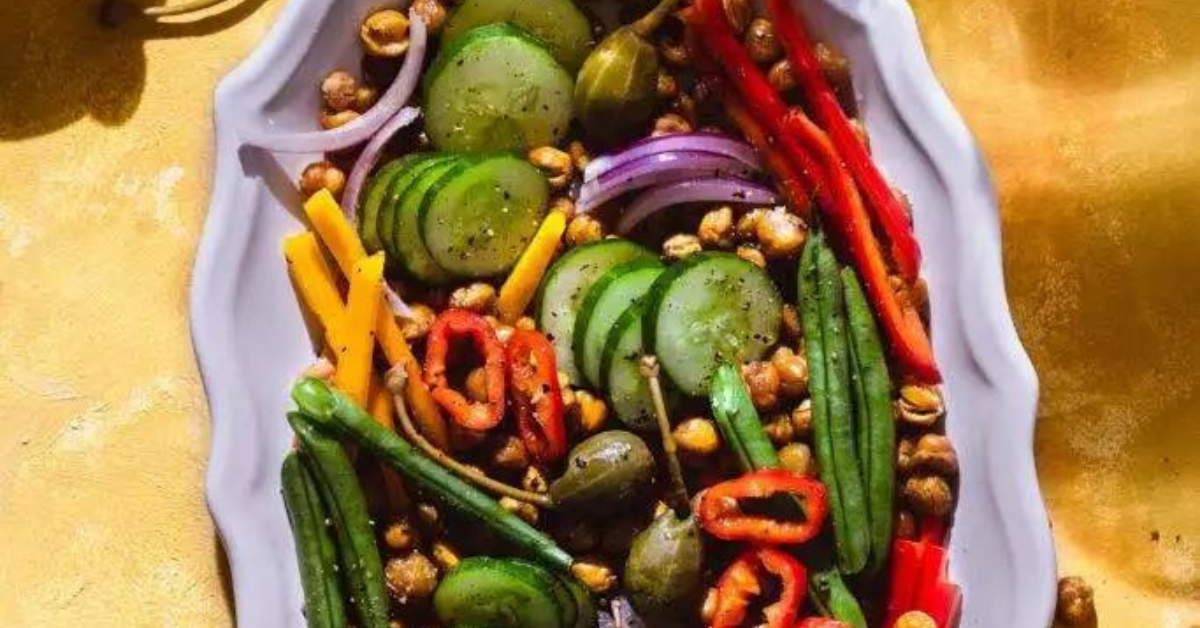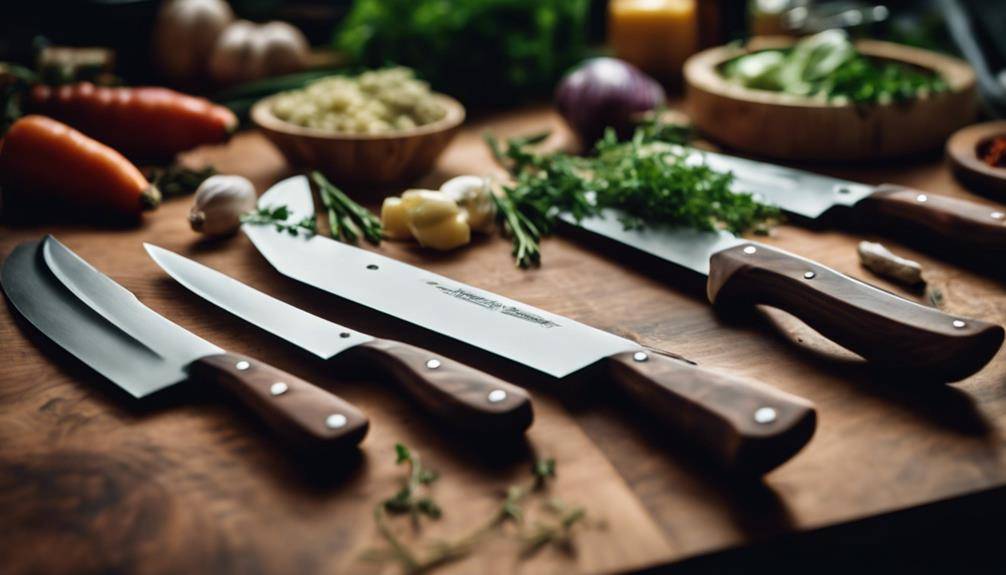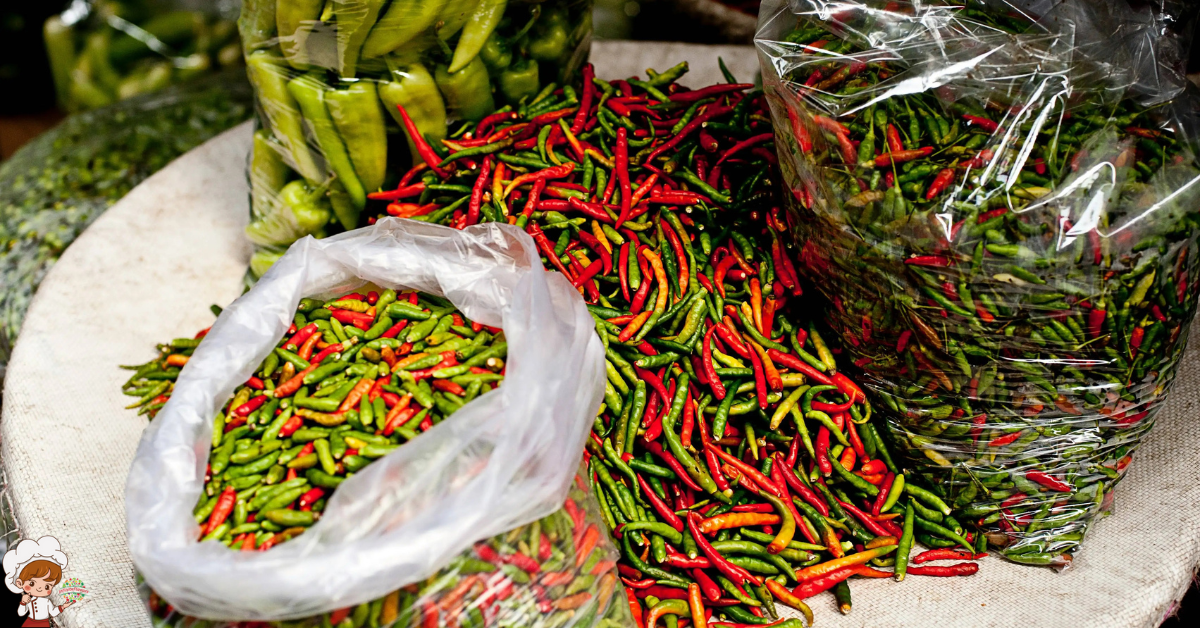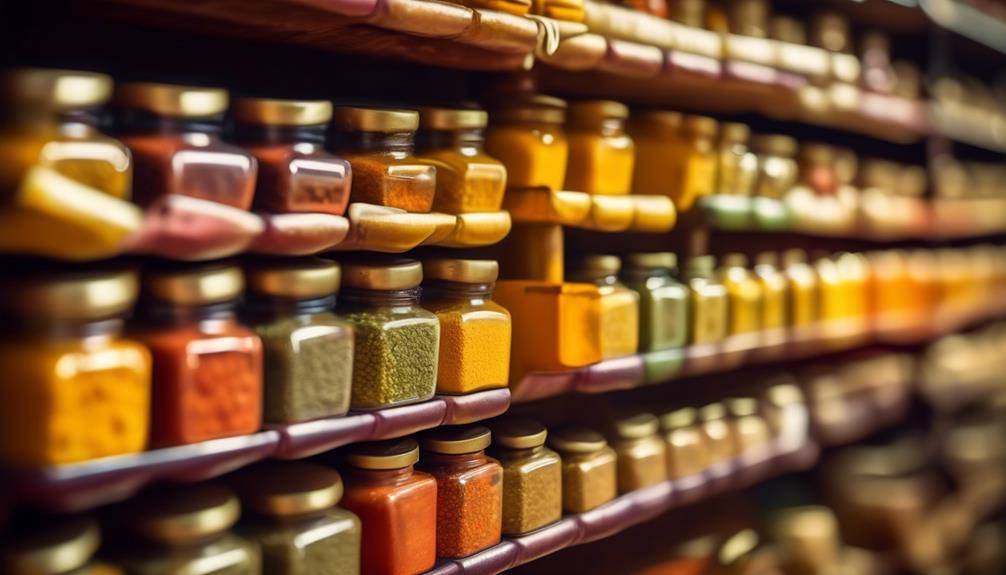How To: Modernizing Peruvian Cuisine
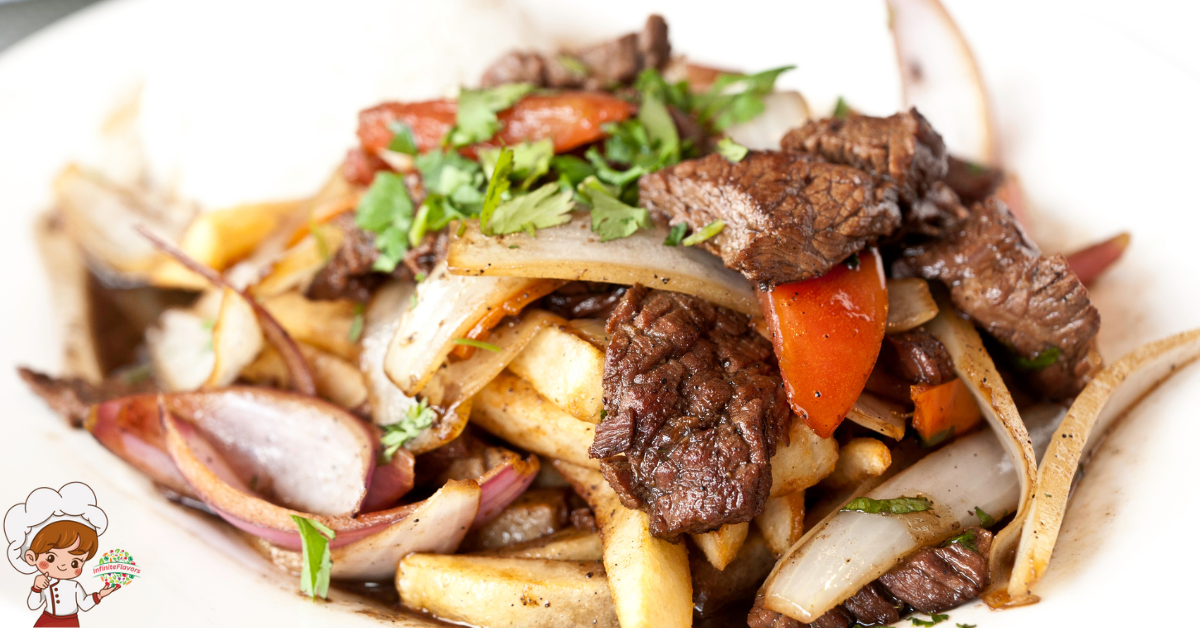
To Modernizing Peruvian Cuisine, start by embracing the rich culinary heritage that blends Indigenous, Spanish, and Asian influences. Use key ingredients like ají amarillo, quinoa, and citrus to enhance flavor and nutrition. Experiment with modern techniques such as sous vide for perfect textures and unexpected pairings like grilled octopus with mango salsa. Focus on creative plating to make your dishes visually appealing. Look for global spices and fresh seasonal produce to invigorate classic recipes. Don’t hesitate to adapt flavors and techniques to suit contemporary tastes, and you’ll discover even more inspiration along the way.
Understanding Peruvian Culinary Heritage
Peruvian culinary heritage is a vibrant tapestry woven from diverse cultural influences, including Indigenous, Spanish, African, and Asian traditions. When you explore this world, you discover how Andean traditions blend seamlessly with coastal influences, creating dishes that tell a story of Peru’s historical evolution. Each region offers its unique flavors, showcasing the country’s remarkable regional diversity.
You’ll find that culinary storytelling is at the heart of Peruvian cuisine. Techniques passed down through generations reflect indigenous practices that have stood the test of time. For instance, the use of native ingredients like potatoes, quinoa, and corn highlights the deep connection between the land and its people. As you investigate these flavors, you can appreciate how modern chefs draw inspiration from this rich tapestry, reinterpreting traditional dishes to appeal to contemporary palates.
Cultural fusion is evident in many popular dishes, such as ceviche, which marries coastal influences with a variety of ingredients and techniques. This vibrant combination showcases the adaptability and creativity inherent in Peruvian cuisine. You’ll notice how modern chefs often honor these traditions while introducing innovative methods that elevate classic recipes.
Understanding Peruvian culinary heritage invites you to appreciate not just the food but the stories behind it. As you engage with this culinary landscape, you’ll see how the past and present intertwine, allowing you to experience the flavors of Peru in a whole new light.
Key Ingredients to Modernize
To modernize Peruvian cuisine, you need to focus on essential flavor components that elevate traditional dishes. Incorporating innovative cooking techniques can transform these ingredients into something fresh and exciting. Let’s explore how these elements can redefine your culinary experience.
Essential Flavor Components
When you think about modernizing flavors in Peruvian cuisine, it’s vital to focus on key ingredients that bring novelty and vibrancy to traditional dishes. Start by incorporating traditional spices like ají amarillo and cumin. These spices not only enhance the depth of flavor but also maintain the authenticity of the cuisine. You can experiment with varying amounts to create unique flavor profiles that resonate with contemporary tastes.
Next, consider fresh herbs such as cilantro and mint. These can elevate your dishes, adding a revitalizing twist. Mixing these herbs with citrus elements like lime or yuzu can brighten up the flavors even more. You might also want to play with ingredients like quinoa and sweet potatoes, which are not only nutritious but can add an exciting texture to your meals.
Don’t forget about umami-rich ingredients like miso or fermented sauces to deepen the flavor experience. By thoughtfully selecting these essential components, you can modernize classic Peruvian dishes without losing their soul. Remember, the key is to balance traditional spices with these innovative additions, creating a harmonious blend that respects the past while embracing the future.
Innovative Cooking Techniques
Incorporating innovative cooking techniques can truly elevate your Peruvian dishes, transforming them into modern culinary masterpieces. By experimenting with fusion techniques, you can blend traditional flavors with influences from other cuisines, creating unique dishes that surprise and delight your guests. For instance, try combining classic Peruvian ingredients like aji amarillo with Asian spices to craft a fusion ceviche that pops with flavor.
Another exciting avenue to explore is molecular gastronomy. This technique allows you to manipulate the physical and chemical properties of ingredients, resulting in unexpected textures and presentations. You might use spherification to create flavorful “caviar” from your favorite sauces, or employ foams to introduce a light, airy element to a rich dish.
Don’t shy away from modern tools like sous-vide machines or blowtorches, either. Sous-vide guarantees your proteins are cooked to perfection, while a blowtorch can give your dishes that perfect char or caramelization.
Techniques for Contemporary Cooking
When you think about modernizing Peruvian cuisine, innovative ingredient pairings can take your dishes to the next level. Incorporating sous vide techniques allows you to achieve perfect textures and flavors that reflect contemporary tastes. Let’s explore how these methods can elevate your culinary creations.
Innovative Ingredient Pairings
Innovatively reimagining traditional flavors, chefs often experiment with unexpected ingredient pairings to elevate Peruvian cuisine. By combining local staples with global influences, you can create dishes that excite the palate and surprise your guests. For instance, try blending fusion spices like smoked paprika or za’atar with classic Peruvian ingredients such as quinoa or aji amarillo. This adds depth and complexity to your dishes, transforming them into contemporary masterpieces.
Utilizing seasonal produce is another key element in innovative ingredient pairings. Incorporating ripe, fresh fruits and vegetables not only enhances flavors but also brings vibrant colors to your plate. Consider pairing grilled octopus with seasonal mango salsa for a revitalizing twist, or using roasted sweet potatoes alongside a spicy kimchi-inspired sauce to create a unique fusion of flavors.
Don’t shy away from mixing textures, either. Combining crispy fried plantains with creamy avocado puree can create an exciting contrast that elevates your dish. By experimenting with these innovative ingredient pairings, you’ll redefine traditional Peruvian cuisine and impress everyone with your culinary creativity. Embrace the adventure and let your imagination guide you!
Sous Vide Applications
As you explore modern techniques in the kitchen, sous vide cooking stands out for its ability to enhance the flavors and textures of Peruvian dishes. This method involves sealing food in vacuum bags and cooking it in a water bath at precise temperatures. One of the key sous vide benefits is that it allows you to maintain consistent doneness, guaranteeing your meats, fish, and vegetables are cooked perfectly every time.
When preparing traditional Peruvian ingredients like chicken, beef, or root vegetables, sous vide can intensify their natural flavors while preserving moisture. You’ll notice that your ceviche-style fish or slow-cooked lomo saltado retains more juiciness and tenderness than conventional methods.
However, it’s essential to prioritize sous vide safety. Always keep your water bath at the appropriate temperature, and follow recommended cooking times to prevent foodborne illnesses. Use high-quality vacuum-sealed bags to avoid leaks, and never cook food for longer than the recommended time to guarantee peak texture and flavor.
Incorporating sous vide techniques into your culinary repertoire not only modernizes your approach but also elevates the authenticity of your Peruvian dishes.
Innovative Flavor Combinations
Exploring innovative flavor combinations in Peruvian cuisine can lead to exciting culinary experiences that surprise and delight your palate. By blending traditional ingredients with modern techniques, you’ll initiate an umami exploration that transforms classic dishes into thrilling new creations. Start by experimenting with fusion spices, like smoked paprika or black garlic, which can elevate the depth of flavors in your dishes.
Imagine pairing the rich, savory notes of Peruvian aji amarillo with the sweetness of mango or pineapple. This combination not only enhances the existing flavors but also introduces a revitalizing twist that’s perfect for summer. You might also consider integrating Asian influences by incorporating miso or soy sauce into your ceviche marinade. The result is a tantalizing dish that marries Peru’s seafood heritage with the umami punch of Japanese cuisine.
Don’t shy away from using unexpected ingredients either. Try adding a sprinkle of za’atar to roasted potatoes or infusing quinoa with saffron for a vibrant side dish. These fusion spices create an exciting contrast that keeps your taste buds engaged.
As you venture into these innovative flavor combinations, remember that balance is key. Aim to harmonize flavors rather than overpowering them. By thoughtfully pairing ingredients, you’ll discover new dimensions within Peruvian cuisine that not only honor tradition but also embrace modern culinary trends. So, get creative and start mixing those flavors; you’ll be amazed at what you can achieve!
Creative Plating and Presentation
Creative plating and presentation can elevate your Peruvian dishes from ordinary to extraordinary, making every meal a visual feast. Start by considering color contrast; vibrant hues from ingredients like rocoto peppers or purple potatoes can make your plate pop. Mix textures, too—combine crispy cancha with creamy avocado to create a delightful mouthfeel.
When it comes to plate arrangement, think about dish hierarchy. Place the star of your dish front and center, ensuring it commands attention. Use negative space effectively to draw the eye and maintain a minimalistic design, avoiding clutter that distracts from the food. Incorporate seasonal elements by using fresh, local produce that reflects the time of year, enhancing both flavor and presentation.
Garnish techniques can further elevate your dish. A sprinkle of microgreens or edible flowers can add a touch of sophistication. Be mindful of cultural symbolism in your presentations, using traditional motifs or colors that resonate with Peruvian heritage. This adds depth to your visual storytelling.
Thematic presentations can also tie your meal together. Whether you’re focusing on coastal influences or the Andes, let your plating reflect that theme. By thoughtfully arranging your dishes and considering every element, you not only create a meal but also an experience that tells a story. Embrace these creative plating techniques, and watch as your Peruvian cuisine captivates both the eyes and taste buds.
Incorporating Global Influences
Incorporating global influences into Peruvian cuisine can transform traditional dishes into exciting new creations. By using fusion techniques, you can blend classic Peruvian flavors with those from other cultures, resulting in innovative meals that surprise and delight. Start by experimenting with global spices like harissa, za’atar, or even Korean gochujang to elevate your dishes. These spices can enhance the flavor profiles of aji de gallina or ceviche, introducing a new dimension that keeps your guests coming back for more.
Cultural exchange plays a crucial role in this culinary journey. Collaborate with chefs from different backgrounds to share ideas and techniques, which can lead to unique interpretations of beloved recipes. Consider incorporating international ingredients like quinoa, used in various global cuisines, or miso, which can add depth to sauces and marinades.
Regional variations can also inspire your creations. Take a classic Peruvian dish and infuse it with elements from Italian, Asian, or Middle Eastern cuisine. Think of a lomo saltado with a hint of teriyaki sauce, or a causa with Mediterranean toppings.
Stay attuned to contemporary trends in the culinary world, as they can provide fresh ideas for your dishes. Modern plating techniques can enhance the visual appeal of your meals, making them not just delicious but also Instagram-worthy. By embracing these gastronomic influences, you can create a unique dining experience that honors Peruvian roots while celebrating the rich tapestry of global cuisine.
Adapting Classic Recipes
While you might cherish traditional Peruvian recipes, adapting them can breathe new life into your culinary repertoire. Start by exploring ingredient substitutions that cater to your taste and dietary needs. For instance, if a classic dish calls for a specific type of potato, try using sweet potatoes or even cauliflower for a unique twist. These substitutions not only diversify the flavors but also offer a healthier alternative without sacrificing the essence of the dish.
Next, focus on flavor balancing. Traditional Peruvian cuisine often emphasizes bold flavors, but you can modernize these recipes by adjusting the intensity. If a dish is too spicy, use milder peppers or reduce the amount you add. Alternatively, you can enhance sweetness with natural sweeteners like honey or agave, which create a more nuanced flavor profile without overwhelming the palate.
Experiment with herbs and spices, too. Fresh cilantro might be a staple, but introducing herbs like basil or mint can elevate the dish and give it a fresh twist. Remember, cooking is an art, so don’t hesitate to play around with proportions until you find a balance that pleases your taste buds.
Tips for Home Cooks
Cooking at home can be a rewarding experience, especially when you’re experimenting with modern twists on traditional Peruvian dishes. To get started, make sure you have the right cooking equipment. A high-quality knife, a sturdy cutting board, and a reliable blender will make a world of difference when preparing your ingredients. Don’t forget about a good set of pots and pans, as well; they’ll help you achieve the perfect texture and flavor in your dishes.
Using seasonal ingredients is key to modernizing your Peruvian meals. Visit your local farmers’ market to find fresh produce that’s at its peak. Seasonal ingredients not only enhance the flavor but also support local agriculture, which is a bonus. For instance, consider using vibrant, ripe tomatoes for a fresh salsa or zucchini when making a twist on causa.
When it comes to flavors, don’t hesitate to play around with spices and herbs. Incorporate modern elements like avocado oil or quinoa to introduce new textures and nutritional benefits. You can also experiment with different cooking methods—think grilling, roasting, or sous-vide—to elevate your dishes.
Frequently Asked Questions: Modernizing Peruvian Cuisine
What Are Common Misconceptions About Peruvian Cuisine?
Many people think Peruvian cuisine only features ceviche variations and lacks diversity. However, it’s rich with Inca influences, showcasing unique ingredients and flavors that reflect the country’s cultural tapestry. Don’t underestimate its culinary depth!
How to Source Authentic Peruvian Ingredients Locally?
To source authentic Peruvian ingredients locally, explore nearby local markets for fresh produce. If you can’t find specific items, consider ingredient substitutes that mimic flavors, ensuring your dishes still capture the essence of Peru.
Are There Vegetarian Versions of Traditional Peruvian Dishes?
Yes, you can find vegetarian versions of traditional Peruvian dishes! Look for plant-based variations using vegetarian substitutions like quinoa, beans, and vegetables to create delicious, meat-free meals that maintain the essence of Peruvian flavors.
What Kitchen Tools Are Essential for Modern Peruvian Cooking?
When you explore modern Peruvian cooking, essential gadgets like a sharp knife, a food processor, and a pressure cooker enhance your cooking techniques. These tools help you create vibrant flavors while streamlining your kitchen experience.
How Can I Learn More About Peruvian Culinary Traditions?
To learn more about Peruvian culinary traditions, explore local markets, take cooking classes, and study cultural influences. Observing traditional techniques firsthand will deepen your appreciation and understanding of this vibrant cuisine’s history and diversity.
Conclusion
By embracing the rich heritage of Peruvian cuisine and incorporating modern techniques and flavors, you can create exciting dishes that pay homage to tradition while appealing to contemporary tastes. Experiment with key ingredients, innovative combinations, and stunning presentations to elevate your meals. Don’t hesitate to adapt classic recipes and introduce global influences, making each dish uniquely yours. With these tips, you’re well-equipped to modernize Peruvian cuisine and impress your family and friends with your culinary creativity!



